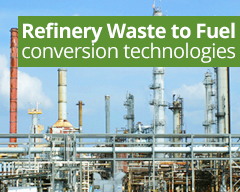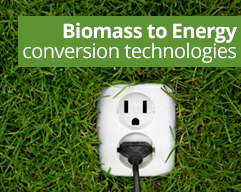
Waste Plastics and polymers to Fuel
The world is facing the problem of disposal of waste plastics. The ease of manufacture and the abundant availability of plastics in all wakes of life, have created a situation where the useless and waste plastics from the abandoned electronics, carry bags, automobile accessories etc. are piling up day by day and there are no economical disposal methods are available. Unless, economic disposal methods are found out, world will see the menace of soil degradation, loss of water table and many other problems associated with the non-biodegradable plastics.
Many technologies have been developed to address this problem since past, but they have posed one limitation or the other.
Based on this reasoning, the novel POLYCRACK*process has been developed and successfully tested. The main specialty of this process is that all kinds of plastics, both recyclable and non-recyclable plastics are converted into petroleum fuels, which can be used as alternate sources of fuels for industrial, residential and other needs.
Waste Plastics to Fuel
Polycrack Fuel Test & Emission Test...
All plastics are polymers manufactured from the petroleum lighter ends like propylene, mostly containing carbon and hydrogen and few other elements like chlorine, nitrogen etc. Polymers are made up of small molecules called as monomers which combine and form single large molecule called polymer.
When this long chain of monomers breaks at certain points or when lower molecular weight fractions are formed this is termed as degradation of polymer. This is the reverse of polymerization.
In the process of conversion of waste plastic into fuels random De- Polymerization is carried out in a specially designed Reactor in the absence of oxygen and in the presence of a proprietary catalyst. The maximum reaction temperature is 350 ºC. The plastics are converted completely into value added fuel products.







